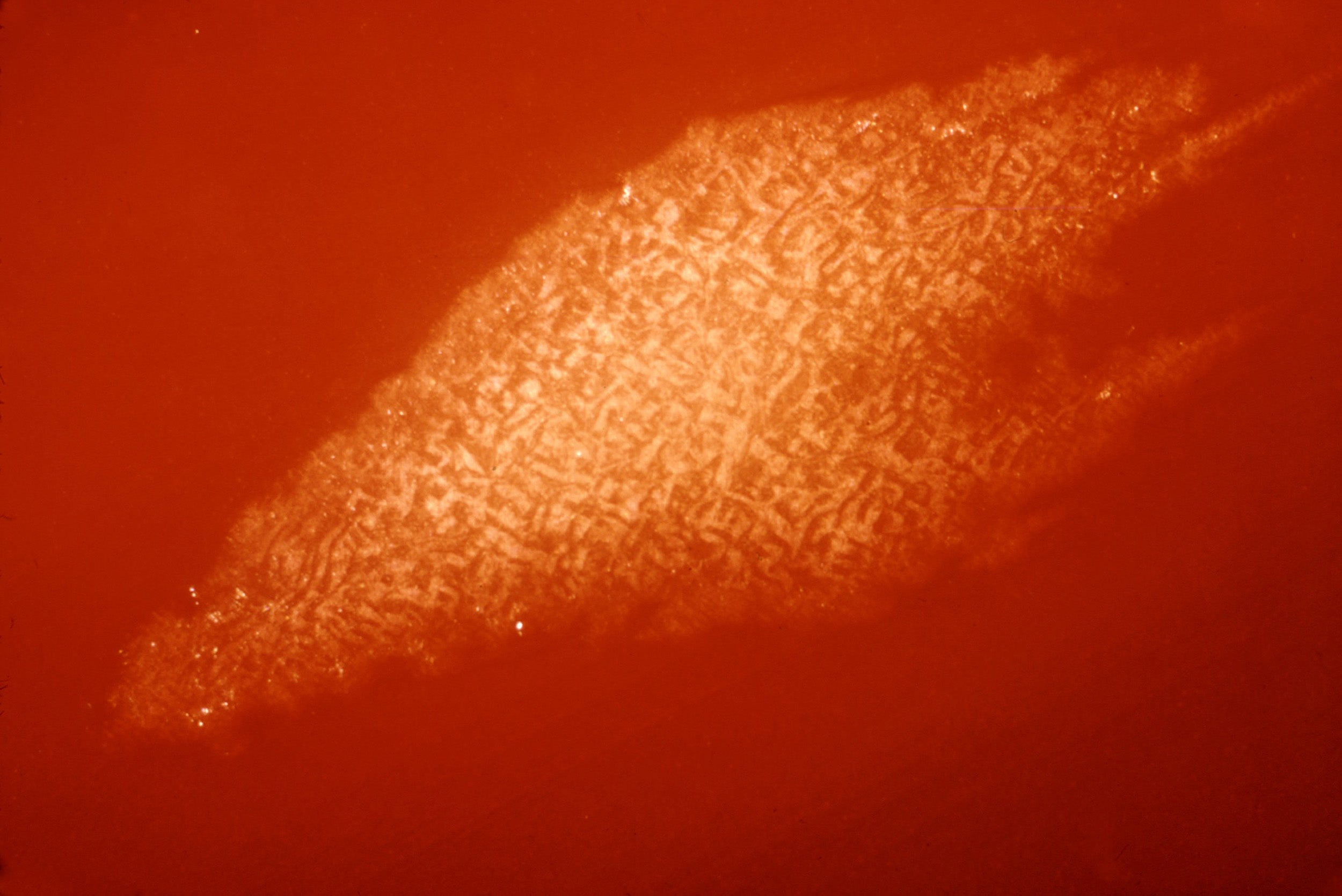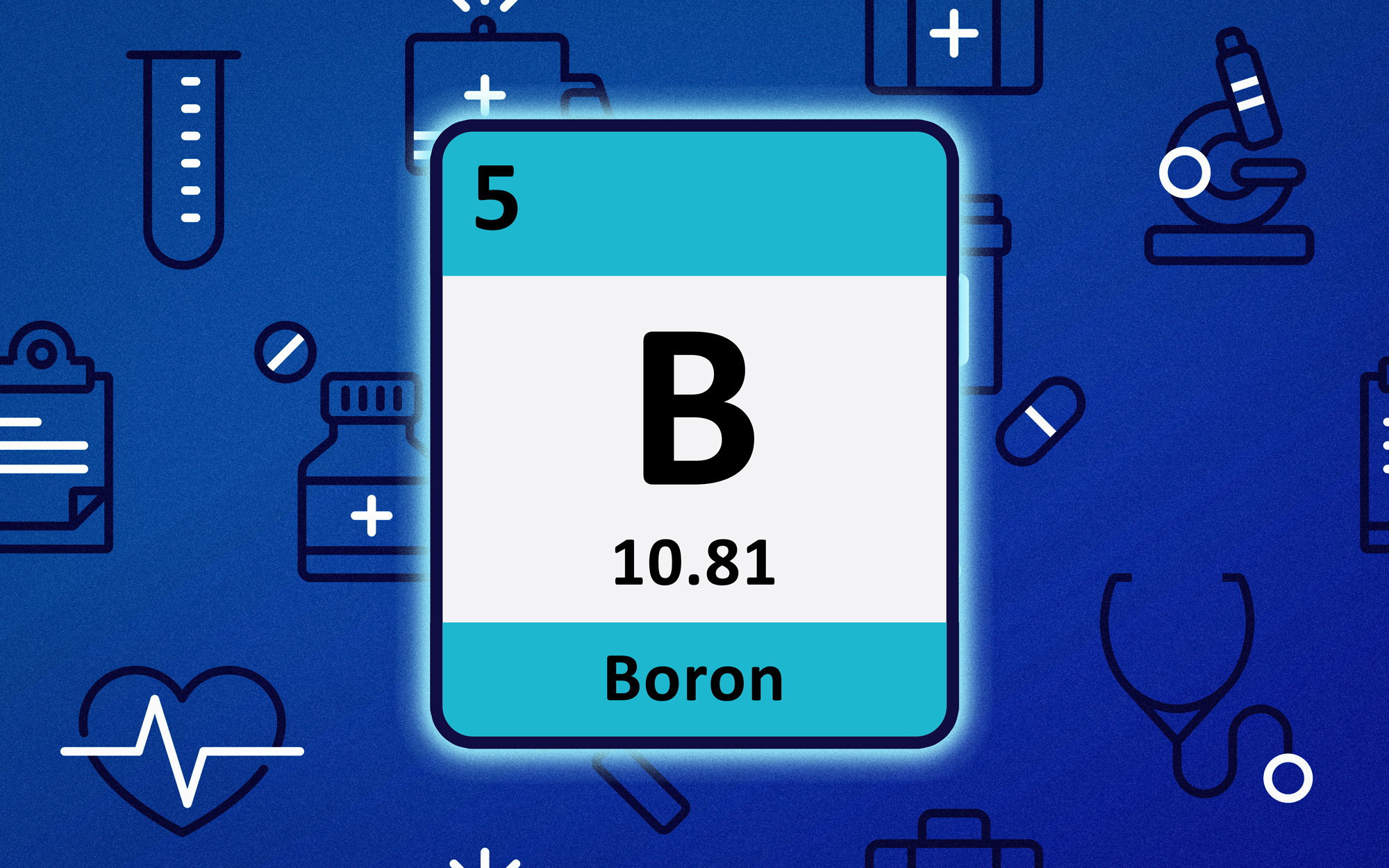Einsteinium: 100 years after Einstein's Nobel Prize, researchers reveal chemical secrets of element that bears his name
The element was discovered in the fallout of a thermonuclear blast.
Robert A Jackson, Reader, School of Chemical and Physical Sciences, Keele University
• conversation
Feb. 3, 2021 • ~7 min
Feb. 3, 2021 • ~7 min
Progeria study finds base-editing therapy lengthens lifespan in mice
Several hundred children worldwide live with progeria, a deadly premature aging disease.
Caitlin McDermott-Murphy
• harvard
Jan. 27, 2021 • ~9 min
Jan. 27, 2021 • ~9 min
Wildfire smoke changes dramatically as it ages, and that matters for downwind air quality – here's what we learned flying through smoke plumes
Thousands of chemical compounds in wildfire smoke are interacting with each other and sunlight as the smoke travels. For people downwind, it can become more toxic over time.
Brett B. Palm, Postdoctoral Researcher in Atmospheric Chemistry, University of Washington •
conversation
Dec. 17, 2020 • ~8 min
Dec. 17, 2020 • ~8 min
Cambridge researchers awarded European Research Council funding
Five researchers at the University of Cambridge have won consolidator grants from the European Research Council (ERC), Europe’s premiere funding organisation
Cambridge University News
• cambridge
Dec. 9, 2020 • ~2 min
Dec. 9, 2020 • ~2 min
/
62







